Special Issue 09
The Library Is Open
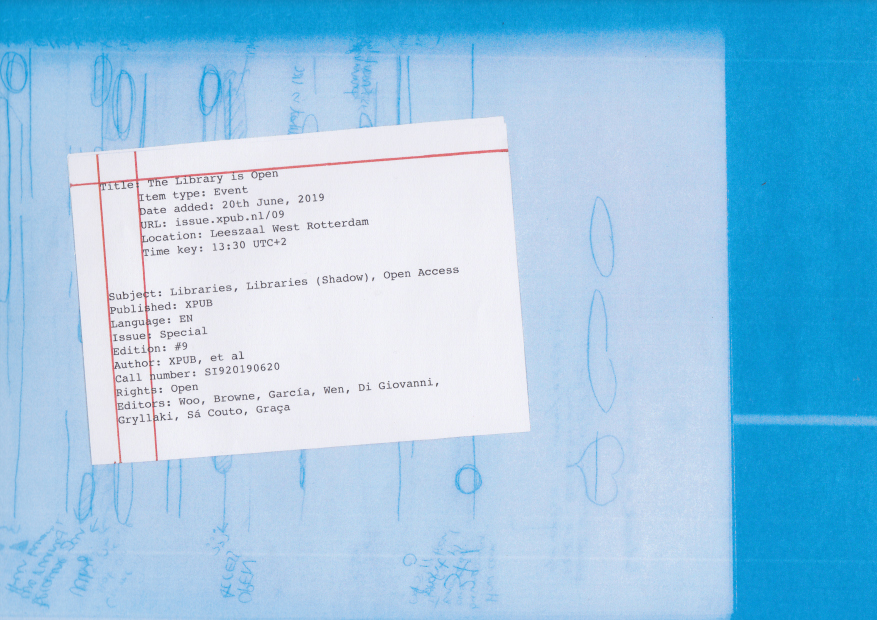
In the spring and summer of 2019 we developed The Library Is Open, a publication which focuses on the operations, actions, and roles of legal and extra-legal libraries. Central to this project is the community that forms around a collection of texts – the custodians of the collection and the readers. The Library Is Open is the result of the third iteration of Interfacing the Law, an ongoing research project between XPUB and Constant (BE), which explores issues around extra-legal libraries, software and legal interfaces and intellectual property. Led by our guest editor Femke Snelting, we participated in many activities which were organised by invited guests:
With Bodó Balázs, an economist and researcher on shadow libraries, we analysed the gargantuan dataset of Library Genesis, to determine trends which indicate access to texts and the social, geopolitical and economic aspects at play.
With Anita Burato and Martino Morandi at the Rietveld Library in Amsterdam, we discovered the subjectivity of subjects and thorny issues of classification and representation. With other readers, we deepened our understandings of texts through collective annotations.
With artist and researcher Eva Weinmayr, who introduced us to The Piracy Project, we examined the possible motivations and differences between pirated books and their “source”. With open-source software such as Tesseract, pdftk, and LibreOffice (and many others) we explored the technical processes used during the creation of pirate libraries, and the hidden labour involved in this.
With fellow pirates, we considered the multiplicity of roles and activities involved in maintaining various libraries, such as Monoskop, Library Genesis, aaaaaarg, Sci-Hub, Memory of the World, Project Gutenberg, +++.
With Dušan Barok, the administrator of Monoskop and an alumnus of the Piet Zwart Institute, we discovered how Monoskop was initiated and how it has changed over time.
The variety of our collective sessions, and the practical exercises we performed led us to organise an afternoon of three workshops that directly addressed the active role of piracy, rather than simply talking about it. Encouraging small, informal, collective actions, we wanted to challenge the ordinary, hierarchical presentation of research projects in the academic context, and individual notions of authorship. When choosing a suitable venue for our event, we decided to ask Leeszaal (in Dutch “Reading Hall”) to host our workshops. Situated in a busy, multicultural area of Rotterdam, Leeszaal exemplifies many values we sympathise with, particularly open access to knowledge, and a focus on the community that uses the space, not just for reading but for many other social purposes. These values we recognise (somewhat nostalgically) as reminiscent of public libraries of yesteryear. However, the landscape today is quite different, with huge online commercial repositories of texts (e.g., JSTOR), protected by paywalls which limit access to them, and in response the emergence of “shadow libraries”. In a printed publication of the same title we documented the dilemmas, outcomes and reflections that came out of our three different workshops, and interviews with people whose work is at the centre of the issues that each workshop uncovers.
Contributors:
Simon Browne, Tancredi Di Giovanni, Paloma García, Rita Graça, Artemis Gryllaki, Pedro Sá Couto, Femke Snelting, Biyi Wen, Bohye Woo
Special thanks to: Partnering institute Constant (BE), Leeszaal Rotterdam West, Bodó Balázs, Dušan Barok, Anita Burato, André Castro, Aymeric Mansoux, Michael Murtaugh, Martino Morandi, Leslie Robbins, Steve Rushton, Amy Suo Wu, Eva Weinmayr
Workshop descriptions
The Library Is Open invites you to an afternoon of workshops that make the operations within libraries visible. Join us in exploring the actions and roles of legal and extra-legal libraries (municipal, pirate, academic, +++), their custodians, and the public that form a community around collections of texts.
Blurry Boundaries
Select, annotate, analyse, scan, correct, digitise, print, read, transfer, erase, encode, curate, hack, interface, work, copy...
Which libraries become possible when you transform physical books into digital files, and vice versa? When a digital copy of a book is made for a digital library, specific steps are followed. Each of these steps requires a decision – to use tools and to spend time. The work involved in digitising a book is invisible and the digital version often loses its connection to the physical book and the library it came from.
We aimed to reflect upon different topics such as: The friction between the physical and digital book, what is lost and what is gained when you pass from one format to another. The physicality and contingency of these passages, the labour involved to produce those copies and the hidden position of this labour. The mindset of the librarian who has to choose how to produce the digital library, which format to chose and what kind of information to reveal. The possibility of a digital library which provides the history of the book and the people involved in its life. Annotations which reveal information and challenge the common, static idea of the book.
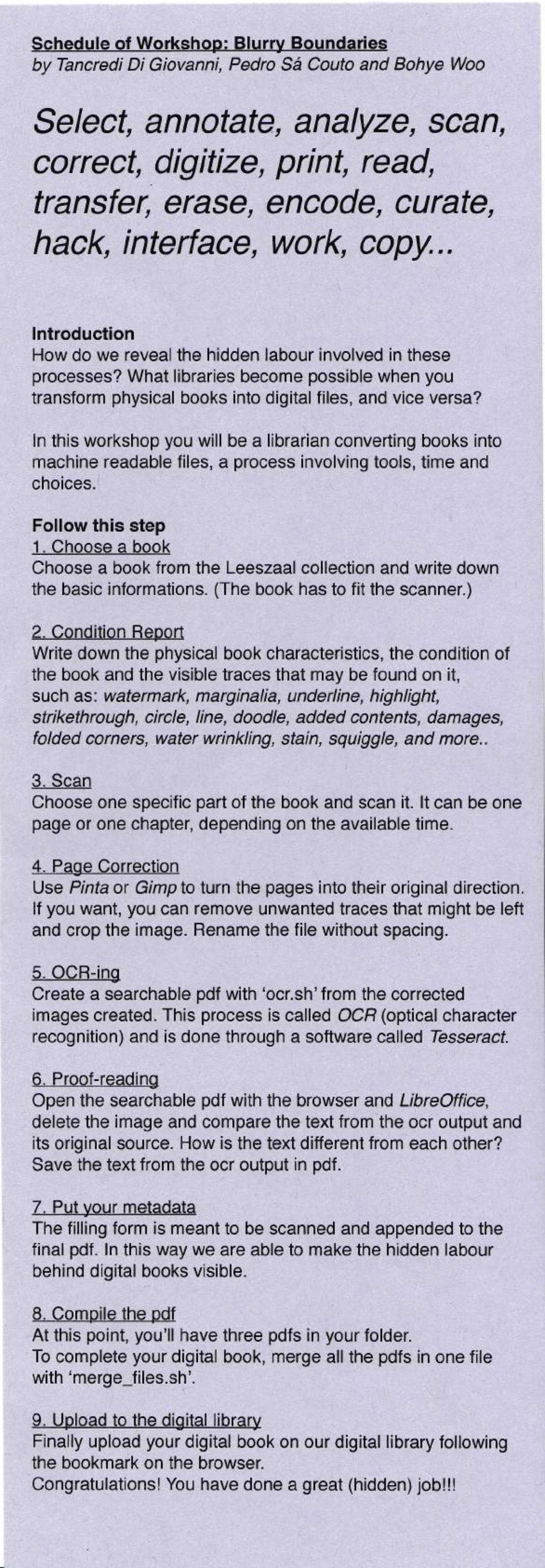
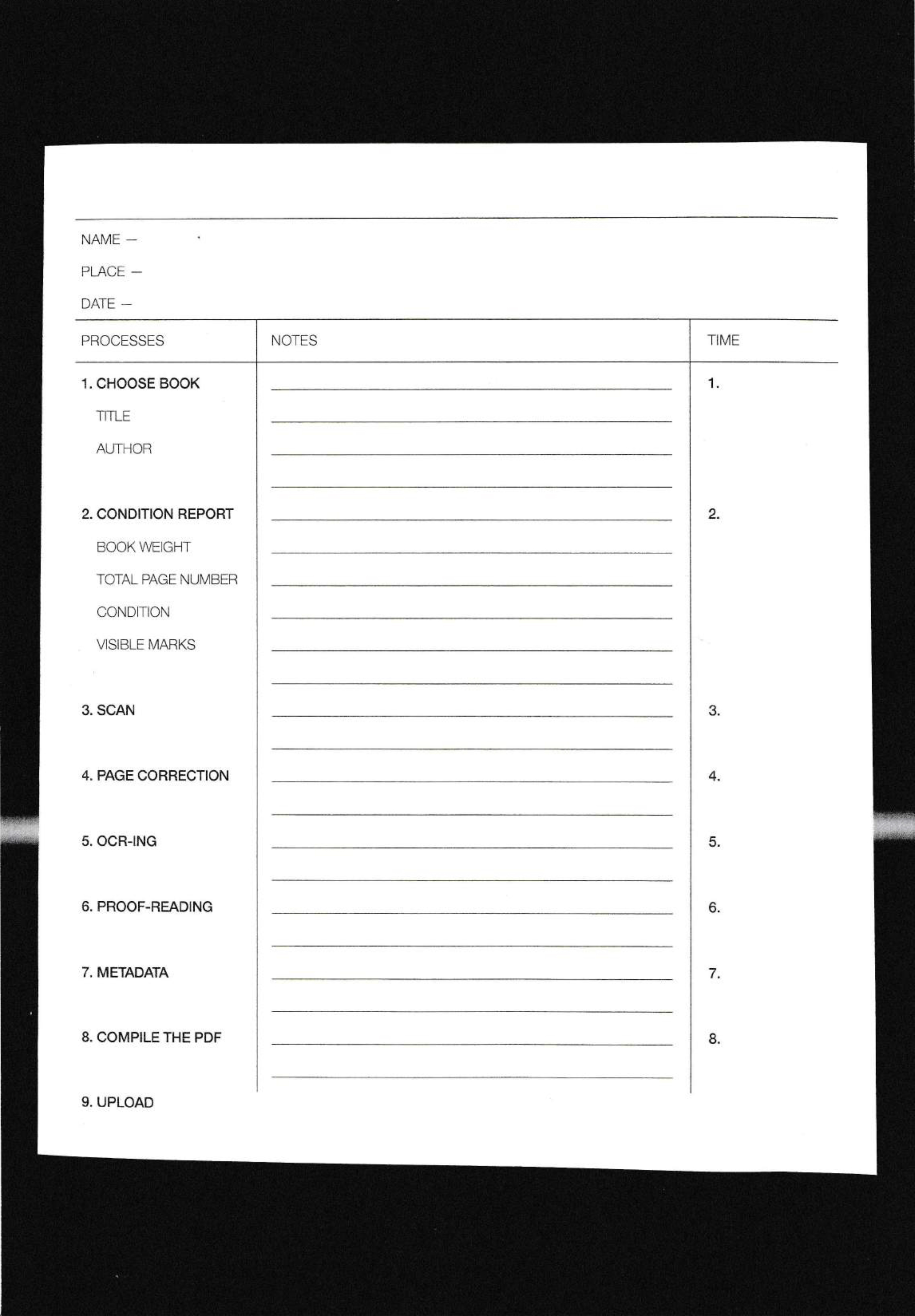
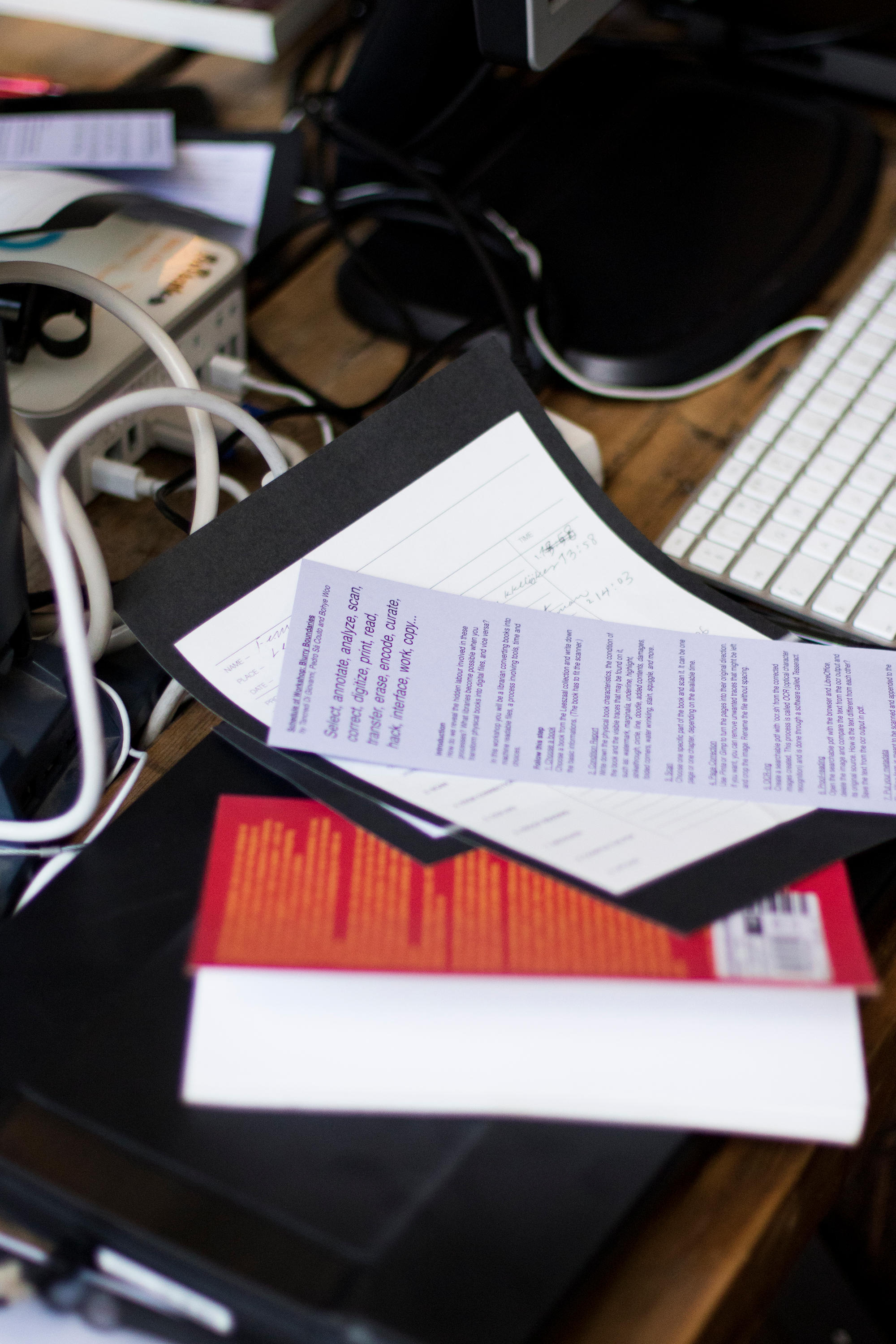
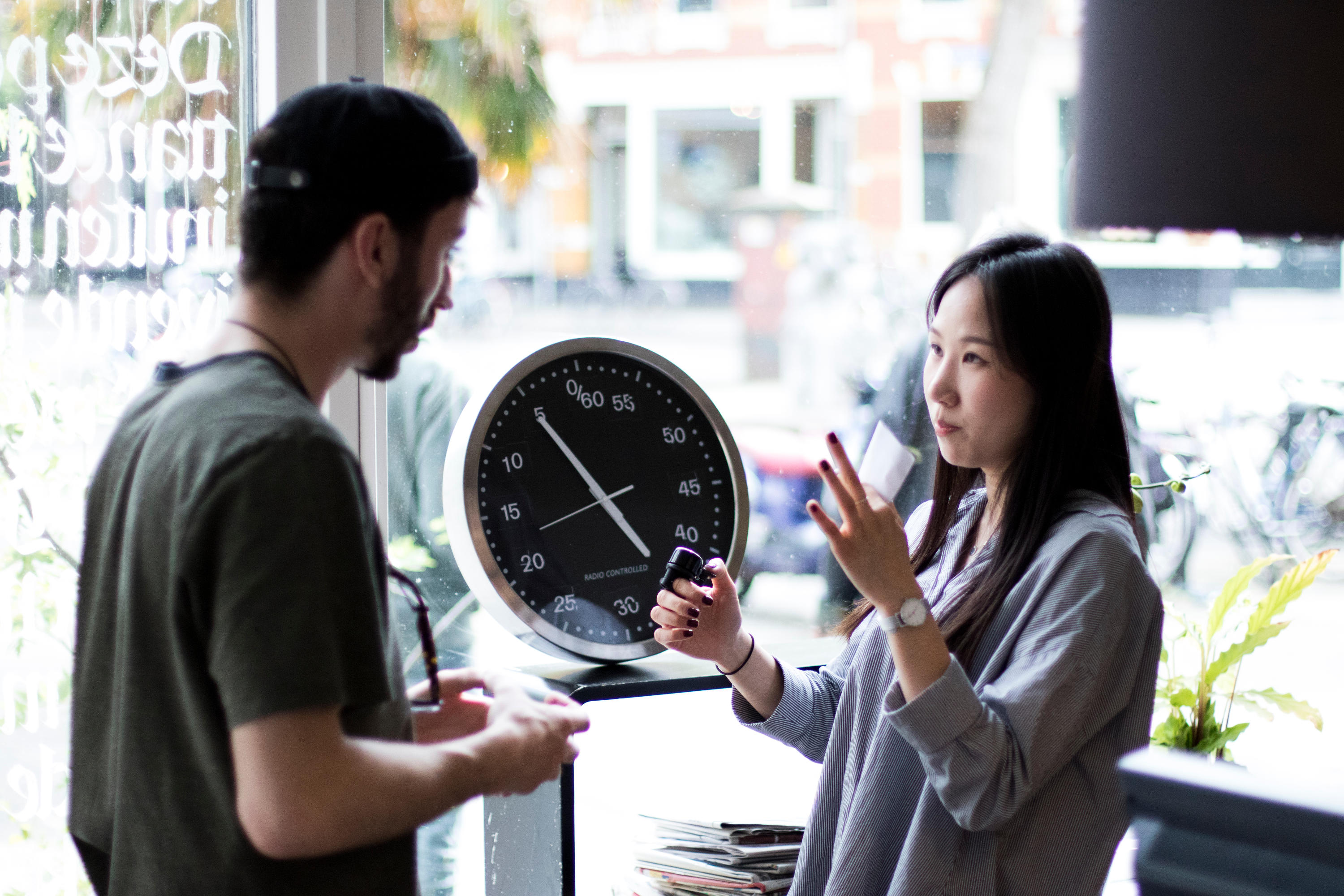
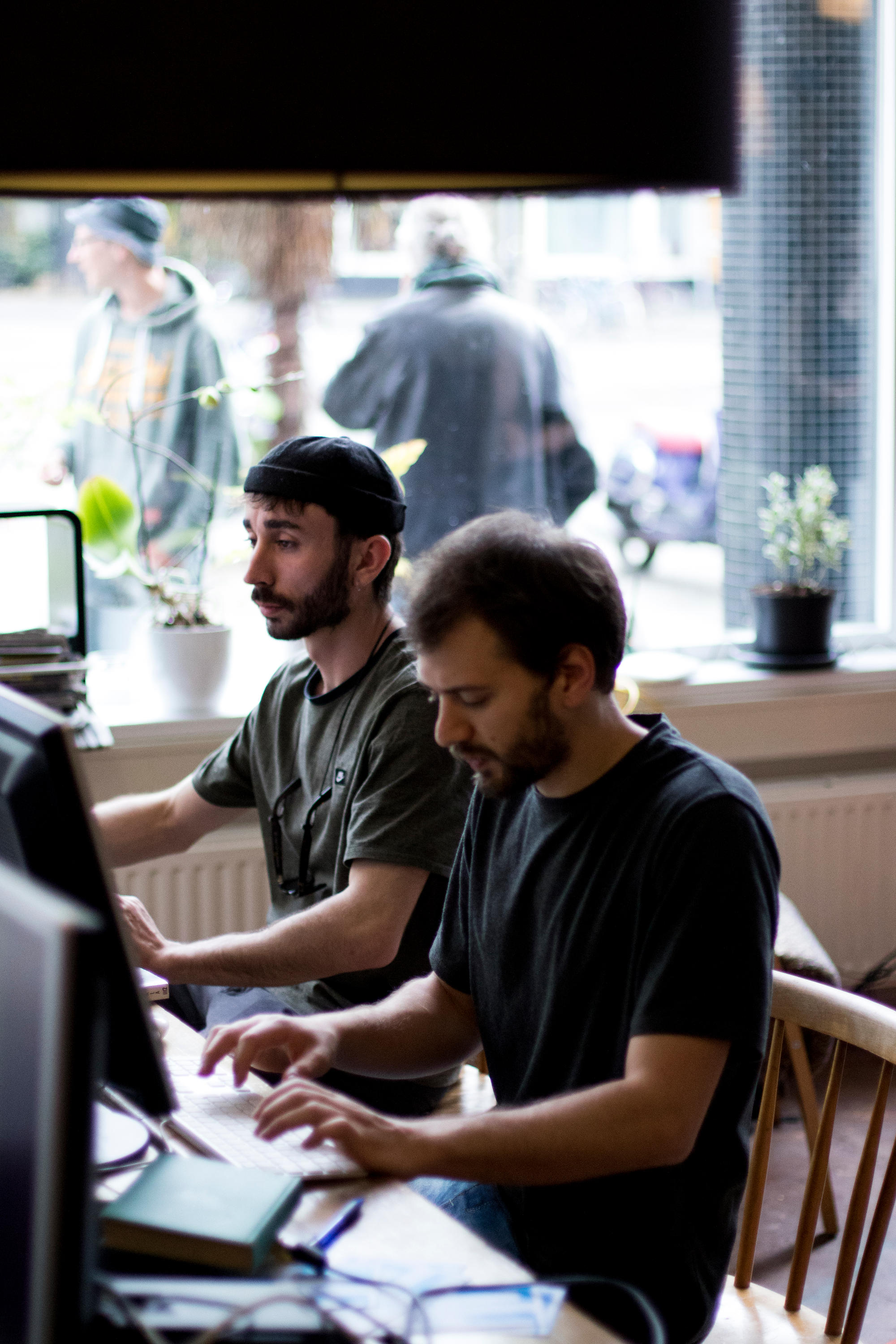
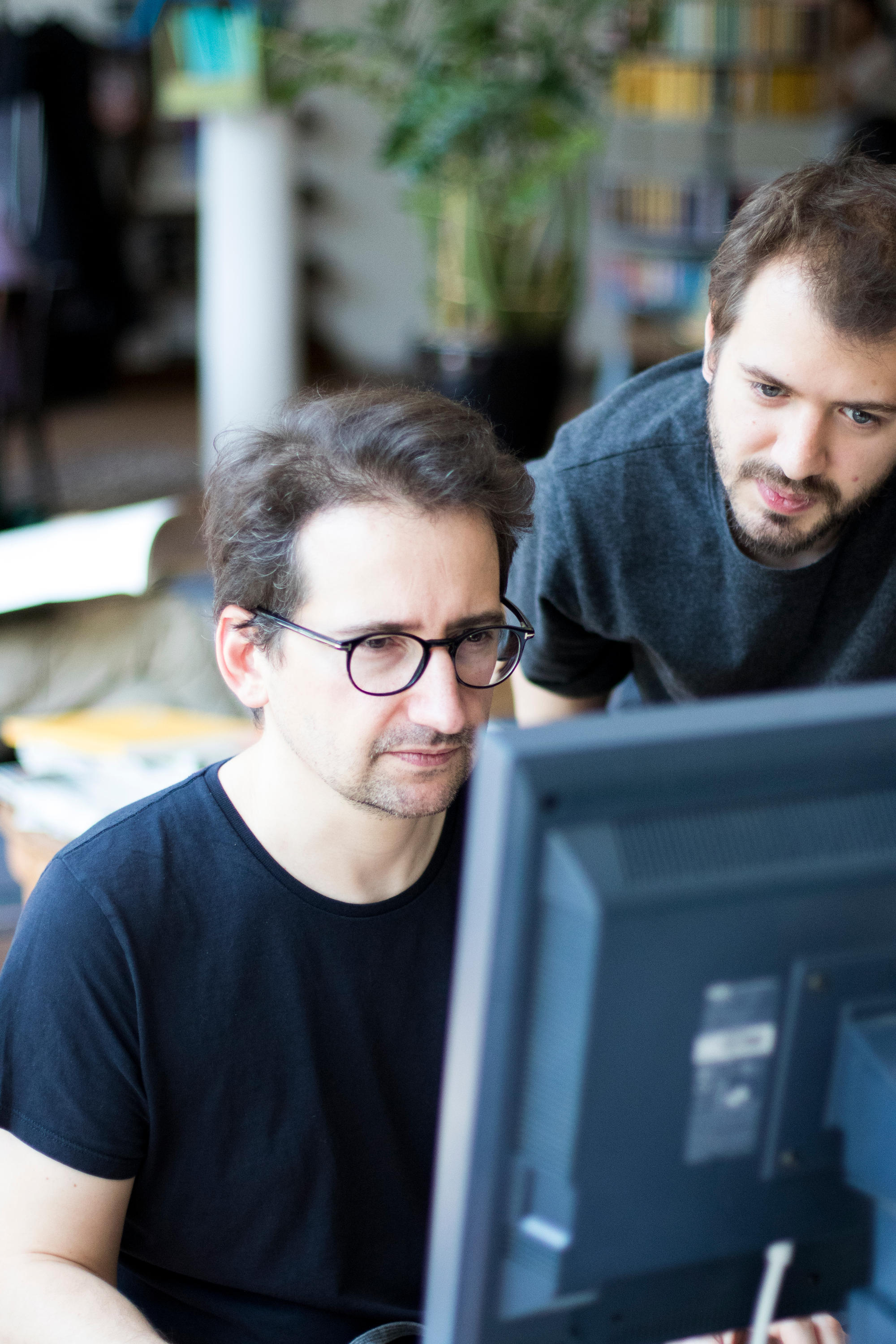
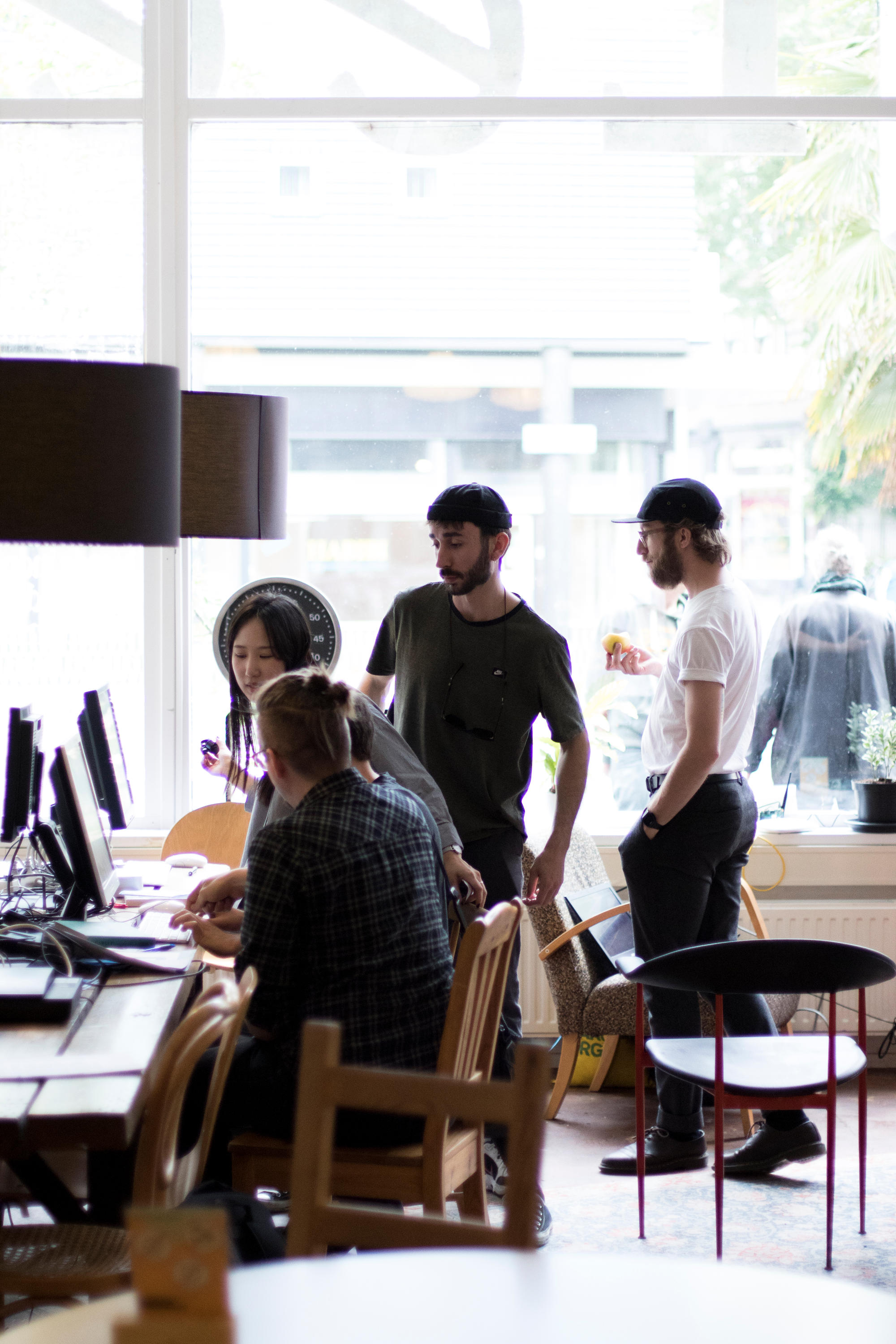
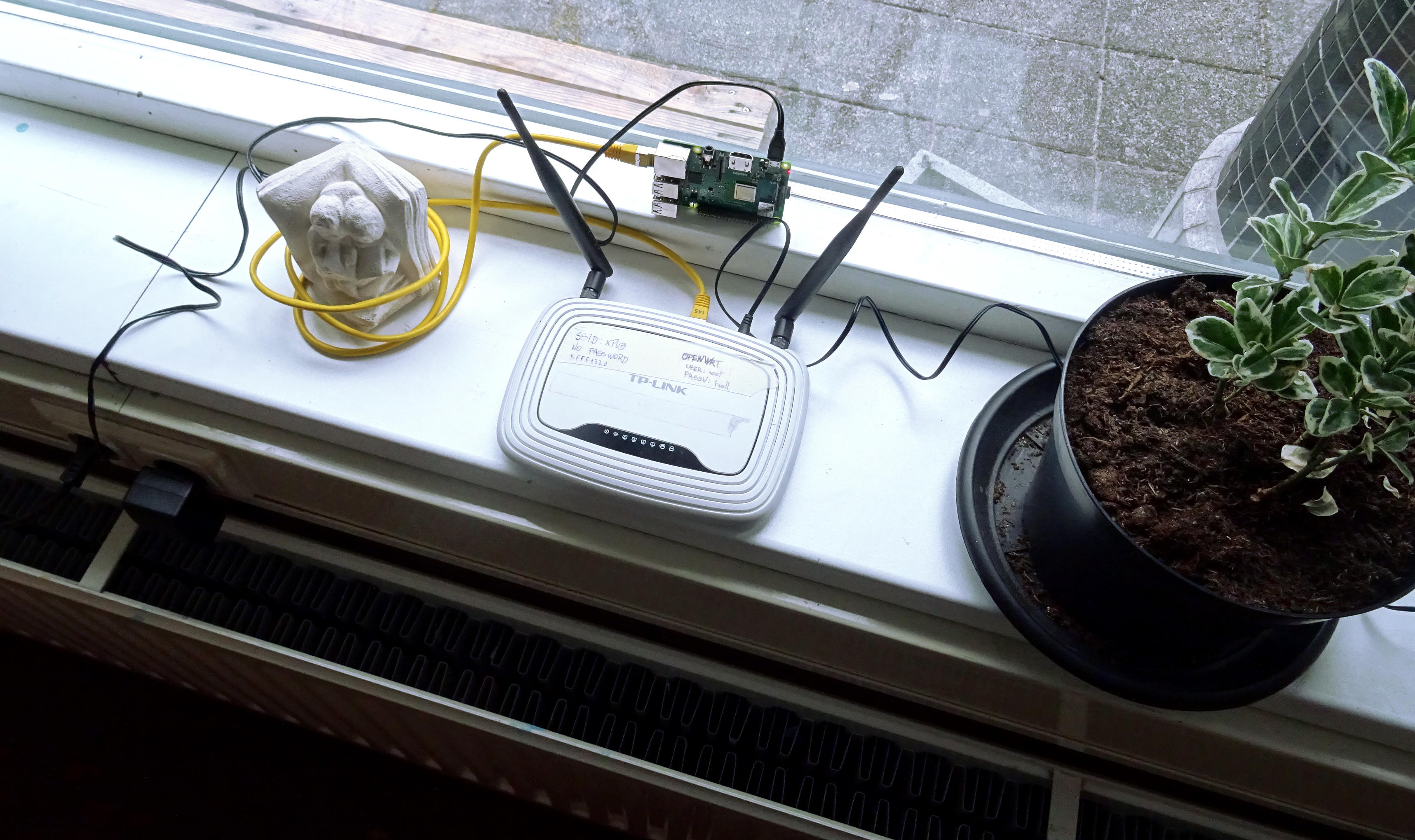
Marginal Conversations
Marginal Conversations is a workshop which explores collective reading, annotating and performing texts. We read, and write notes in the margins; usually in private, isolated from other readers. We come across texts with others’ notes on them; the author unknown, their thoughts obscure. What happens when we share our notes, vocalise and perform them? In this workshop, participants read, annotate and discuss the open letter “In Solidarity with Library Genesis and Sci-Hub”, which asks for pirate library practices to come out from the shadows. This letter was selected for many reasons: it was an introduction for us to the thematic “Interfacing the Law”, it’s available in many languages, and it presents an argument that generates interesting conversations. We compare annotations in order to detect common areas of interest and also to explore different methods, where readers can develop codes and techniques to extend the content of the source and express their personal understanding of this content. The goal is not only to find areas of agreement, but also to discover tensions, disagreements etc. with the letter, which can also develop into fruitful conversations. We leave traces of our reading, enriched by our doubts, sympathies, tensions and diverse understandings. We personalise the text, opening it up for collective conversations. Our voices occupy the space and leave traces on the text and in the library.
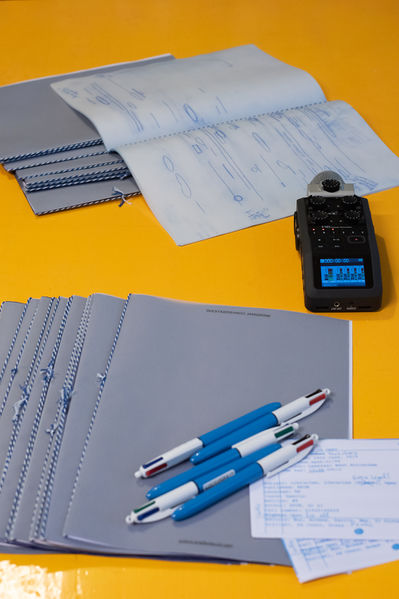
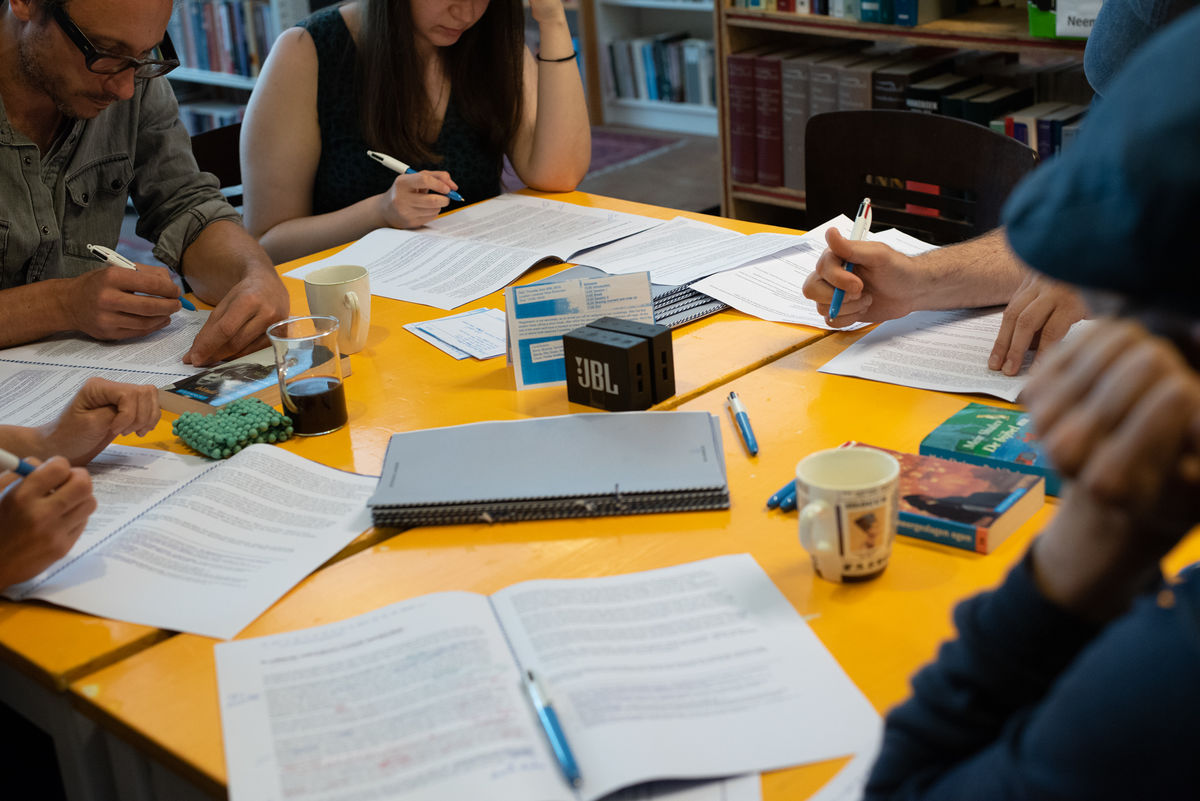
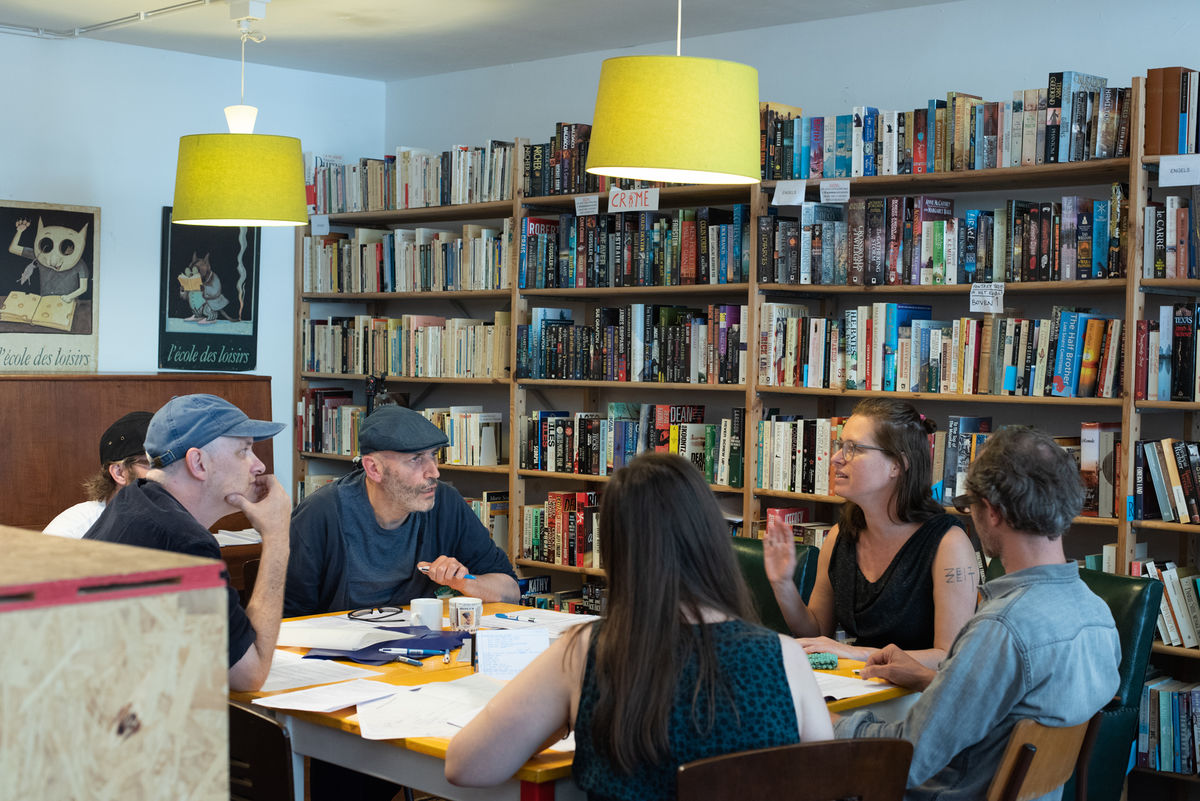
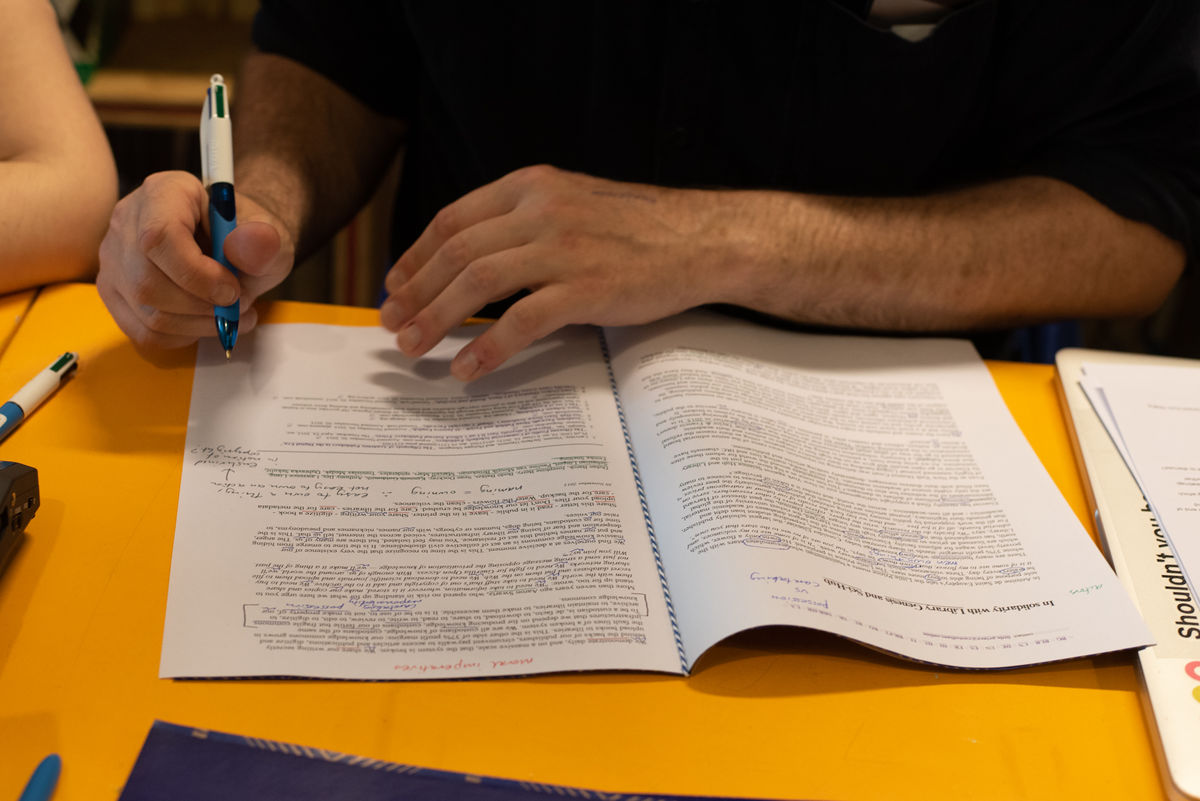
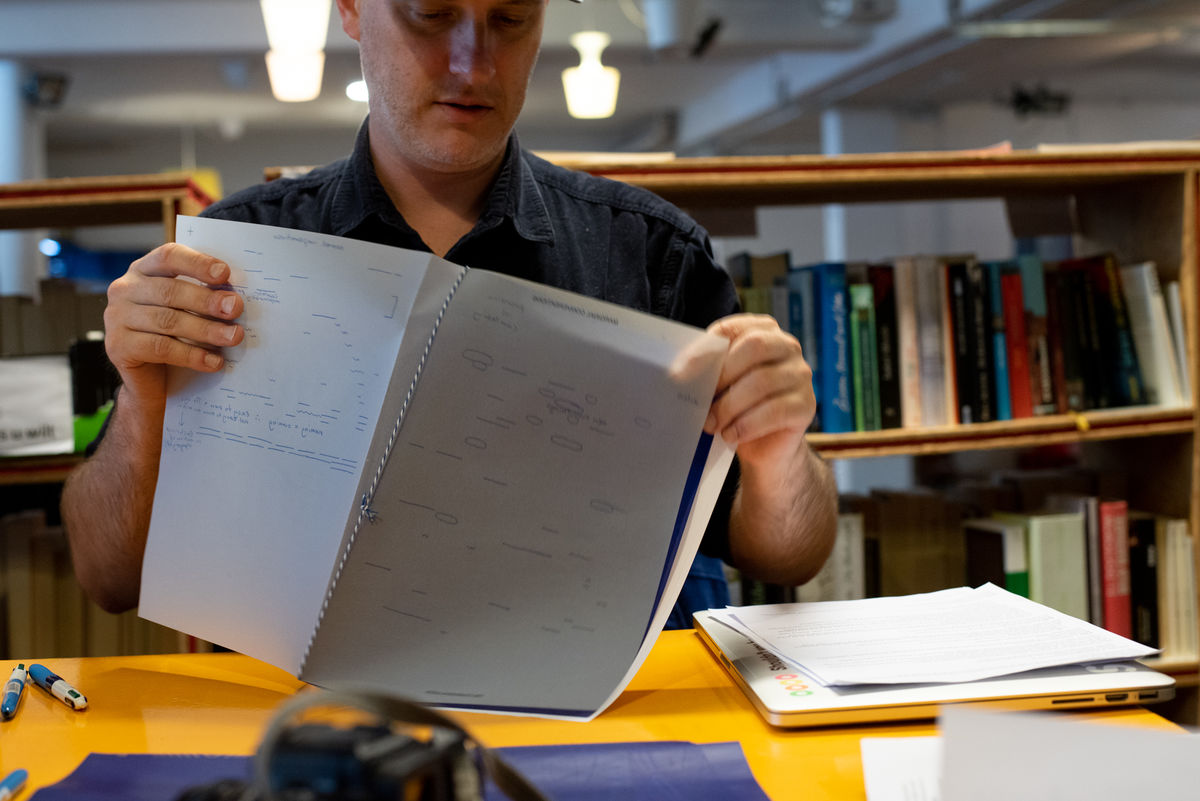
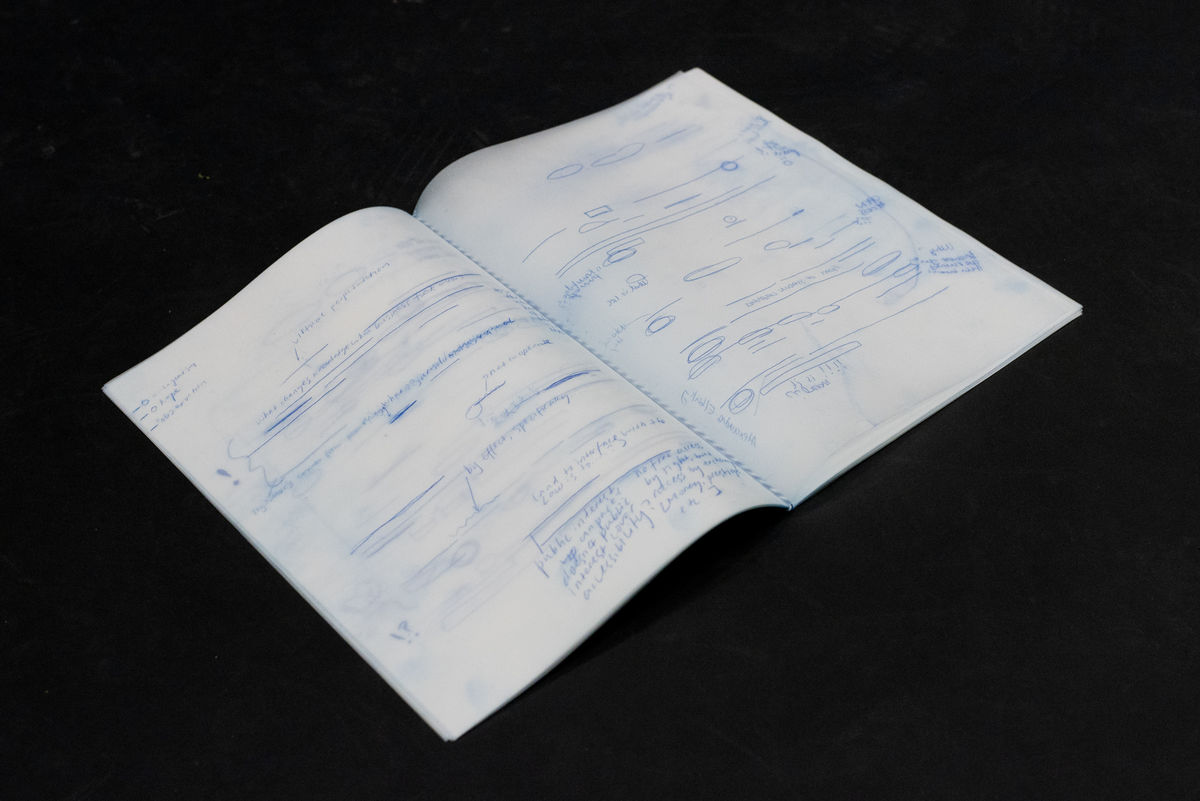
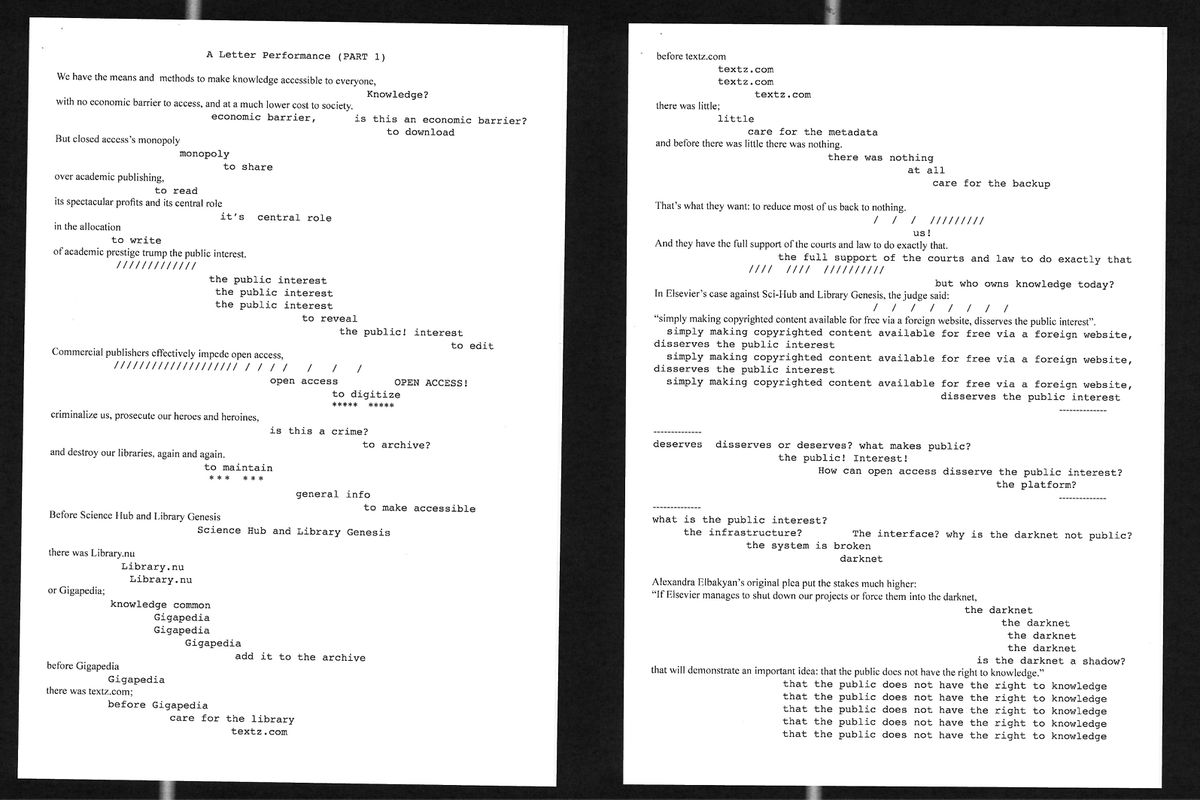
Knowledge in Action
We looked for different ways that knowledge can be maintained and preserved. We visited different libraries of different scales. We investigated their operations and their levels of legality. We interviewed people who adopted the role of librarians in their own unique ways. From these experiences, we started outlining our workshop. The workshop Knowledge in Action invites participants to act the roles and perform the activities crucial to the sustenance of libraries. They interpret and re-imagine the actors that take part in knowledge production and distribution, playing the parts of the librarian, the researcher, the pirate, the publisher, the reader, the writer, the student, the copyist, the printer. The activities embed the participants in different scenarios to shift their accustomed perspective and to start common dialogues.
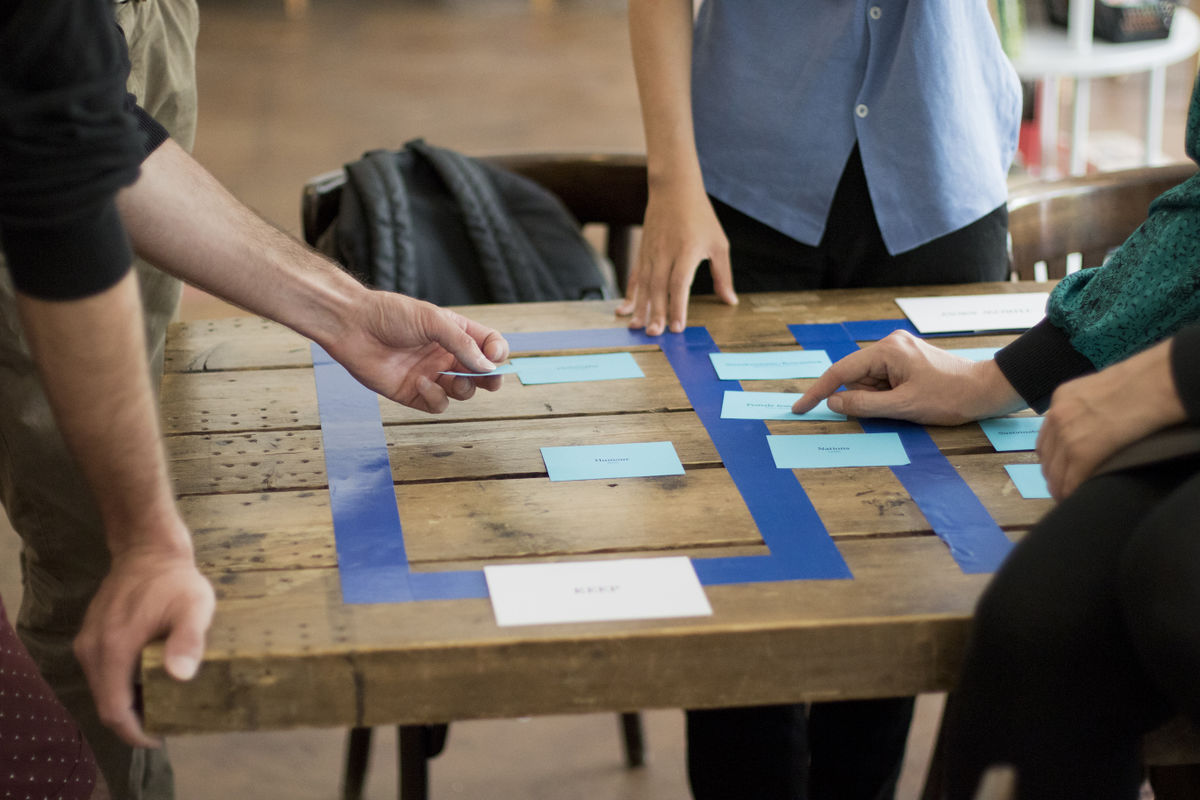
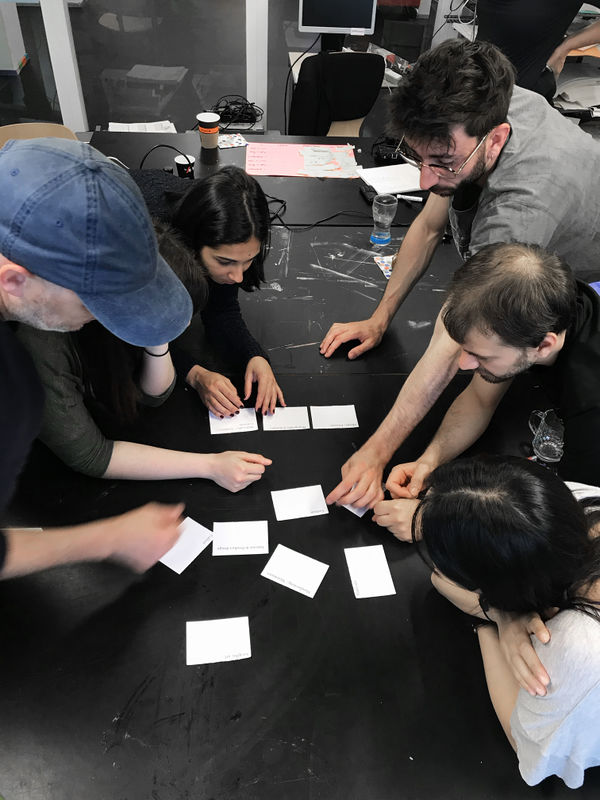
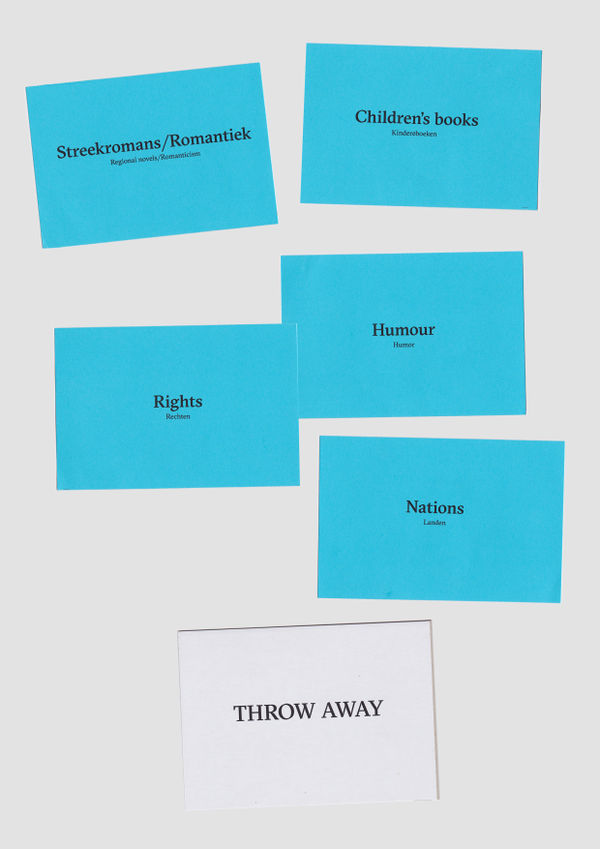
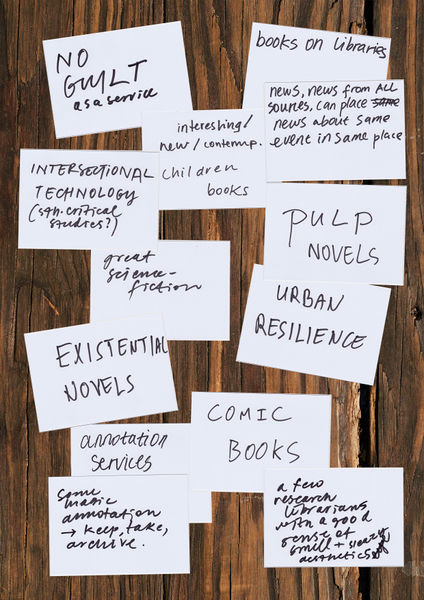
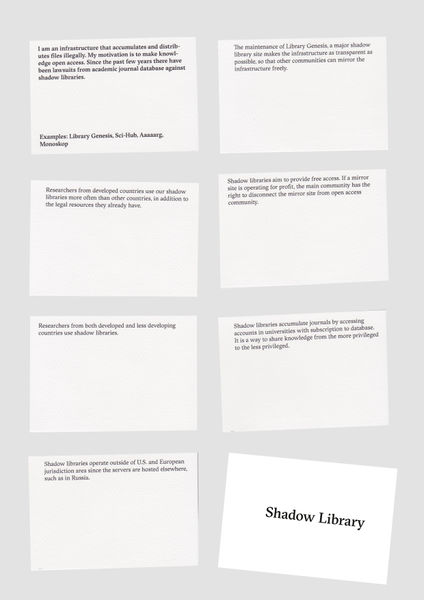
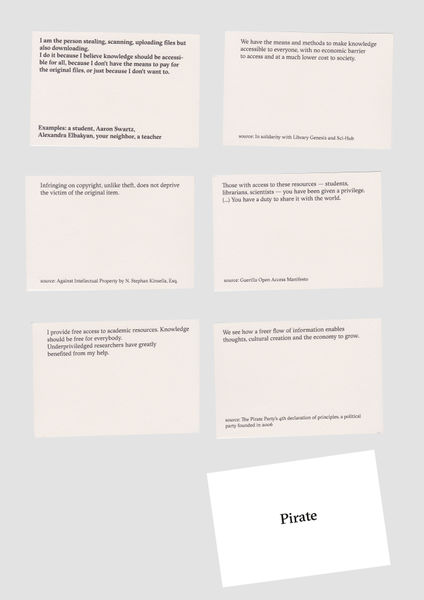
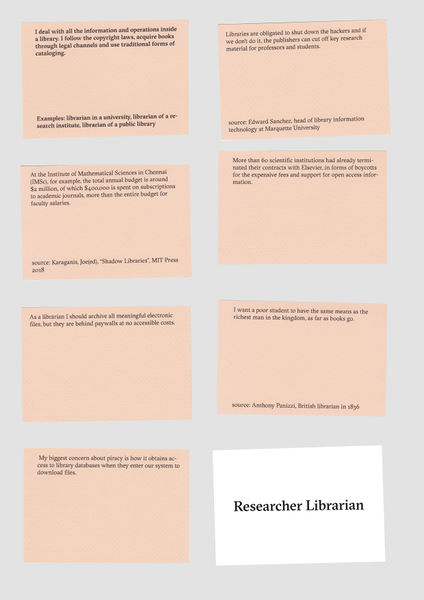
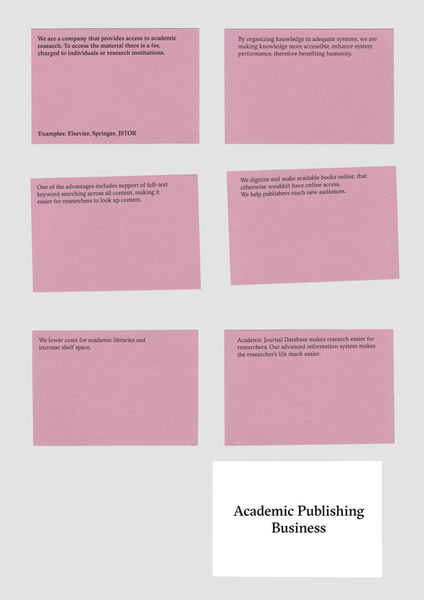
Publication
The Library Is Open was printed and published in June 2019 and launched at the 2019 Graduation Show. It includes descriptions, processes and outcomes of the workshops held at Leeszaal Rotterdam West; interviews with Marcell Mars, Dusan Barok, Dubravka Sekulic and librarians of Leeszaal; and an appendix of open letters, including: guest editor Femke Snelting's introduction to the 2019 iteration of Interfacing the Law; the letter “In Support of Library Genesis and Sci-Hub” from the website custodians.online; and Alexandra Elbakyan’s response to the presiding judge in the court case “Elsevier Inc. et al v. Sci-Hub et al”.
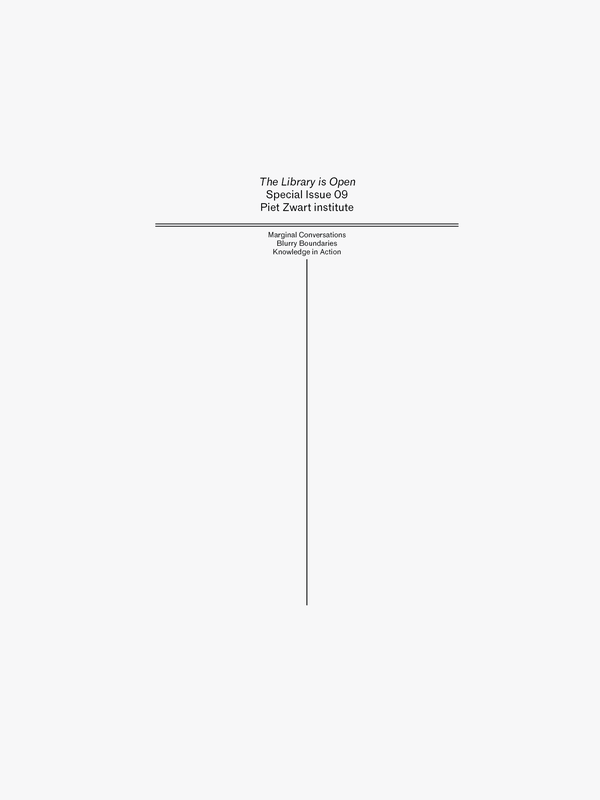
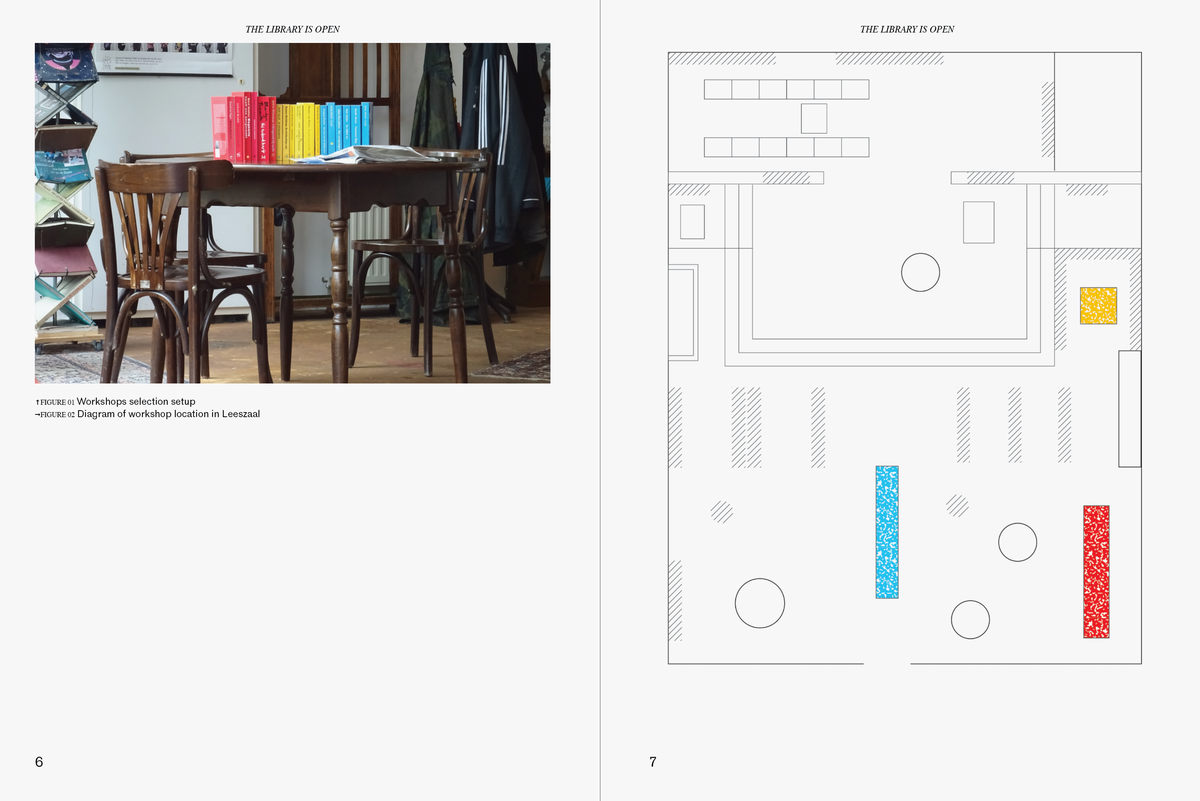
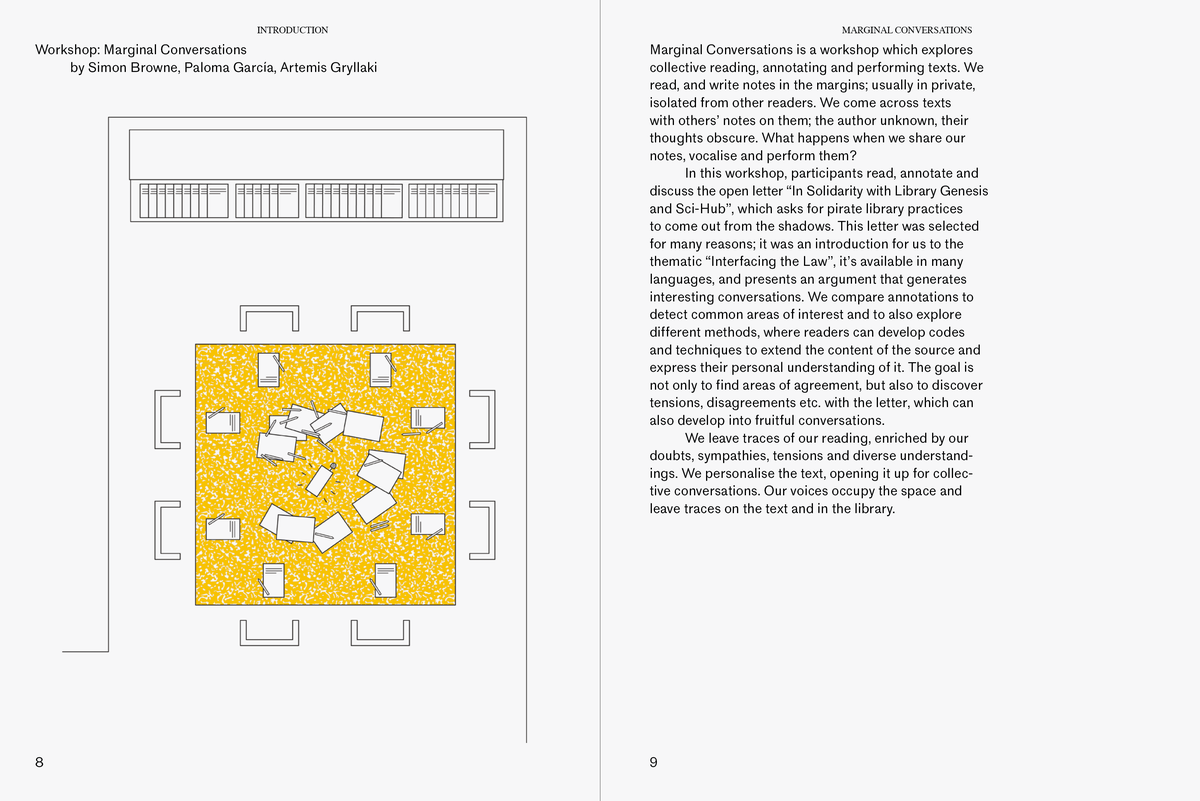
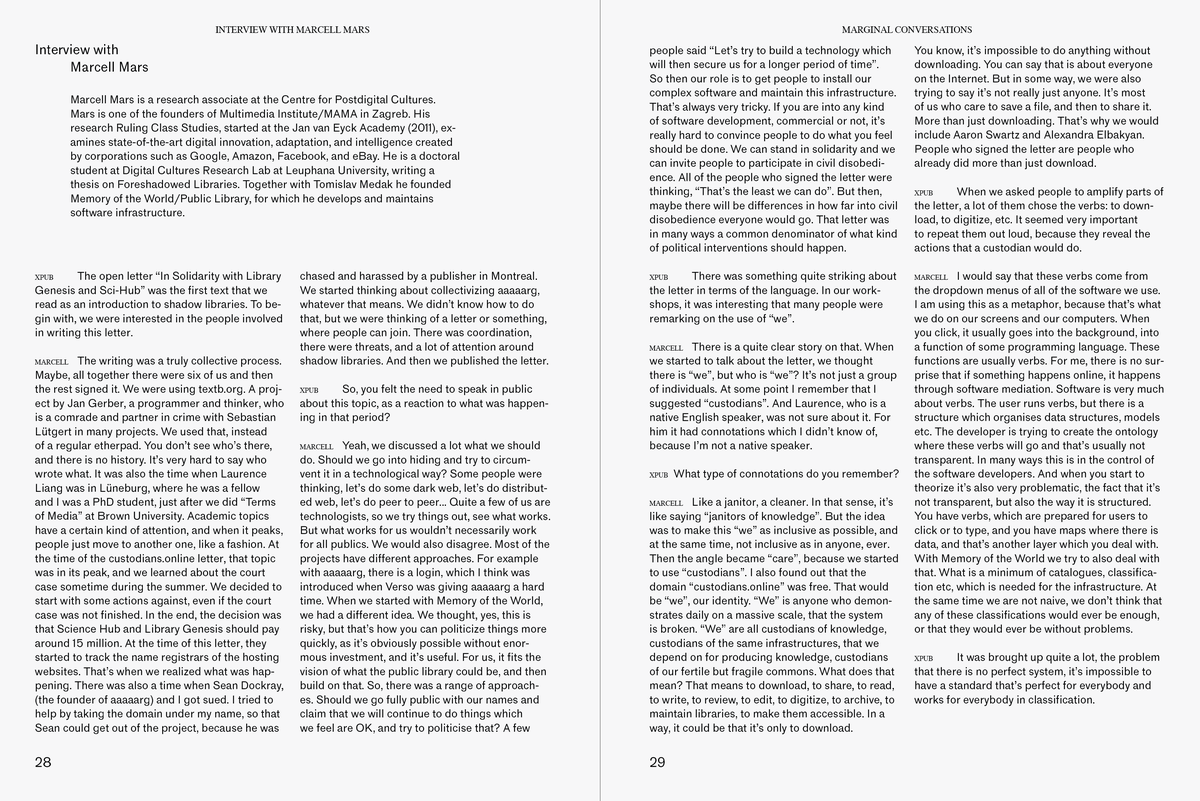
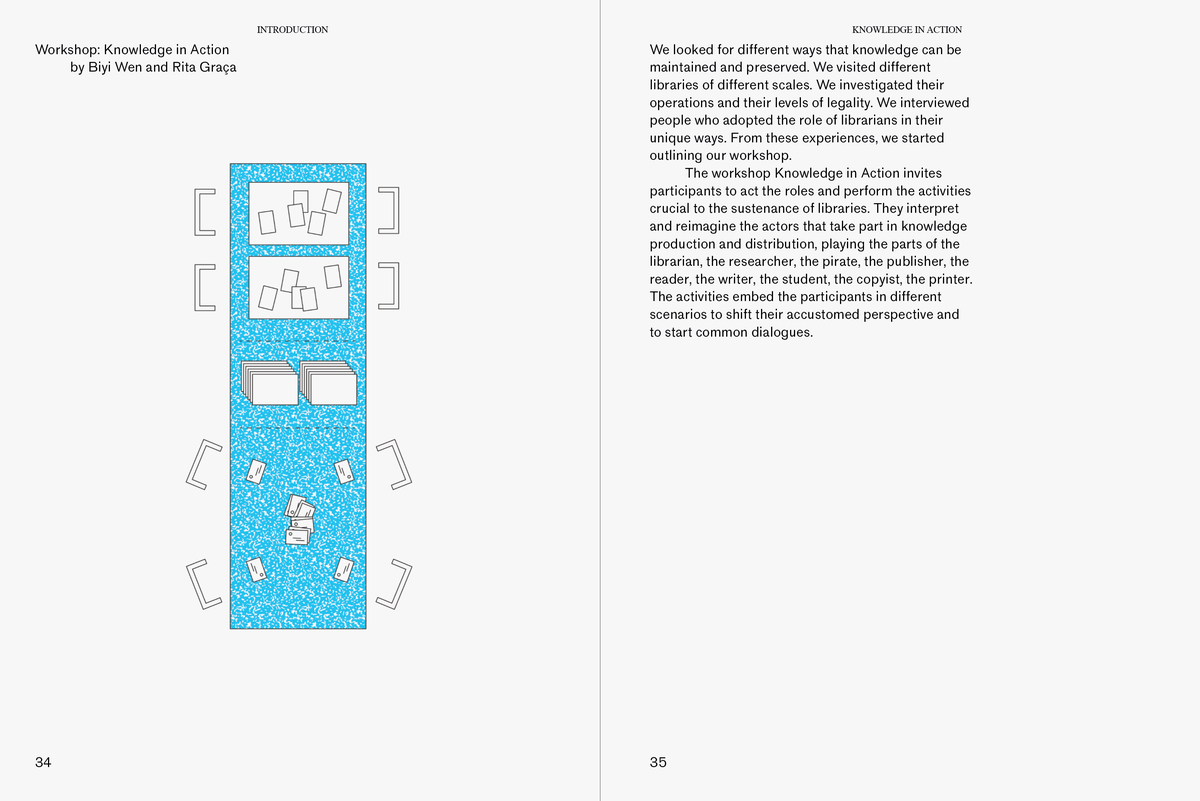
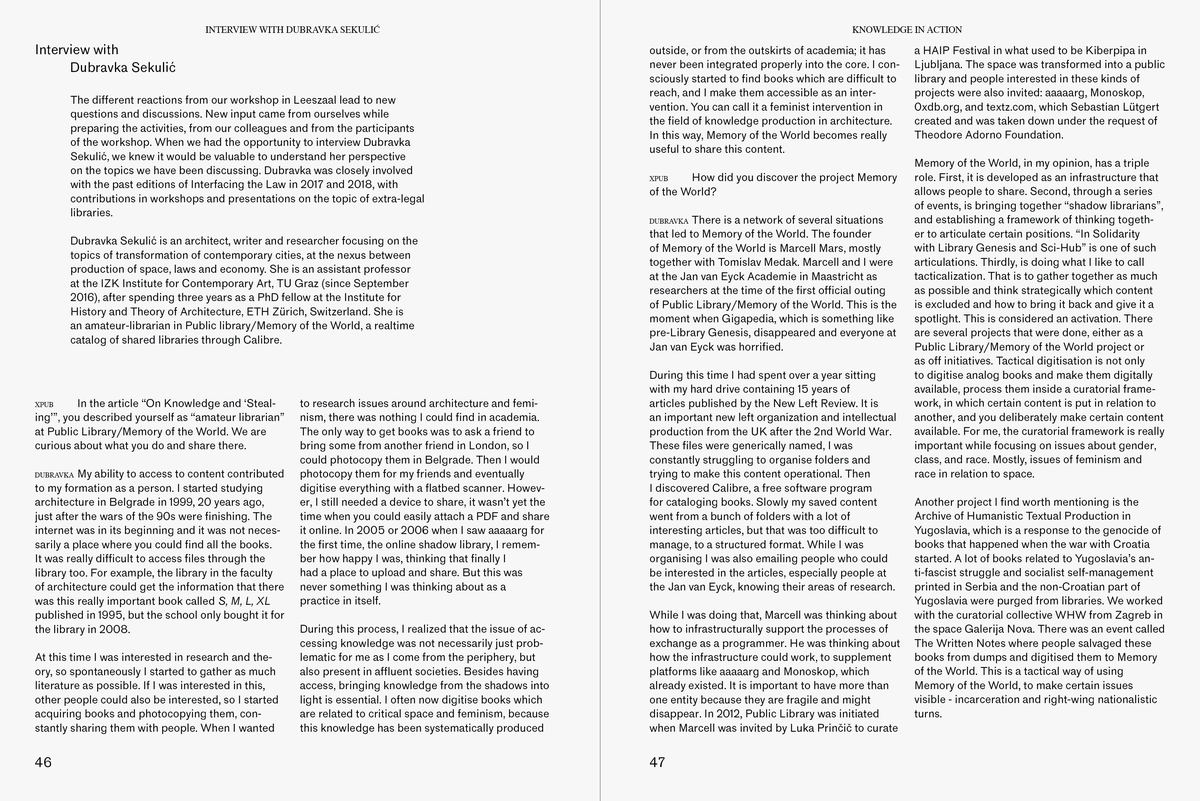
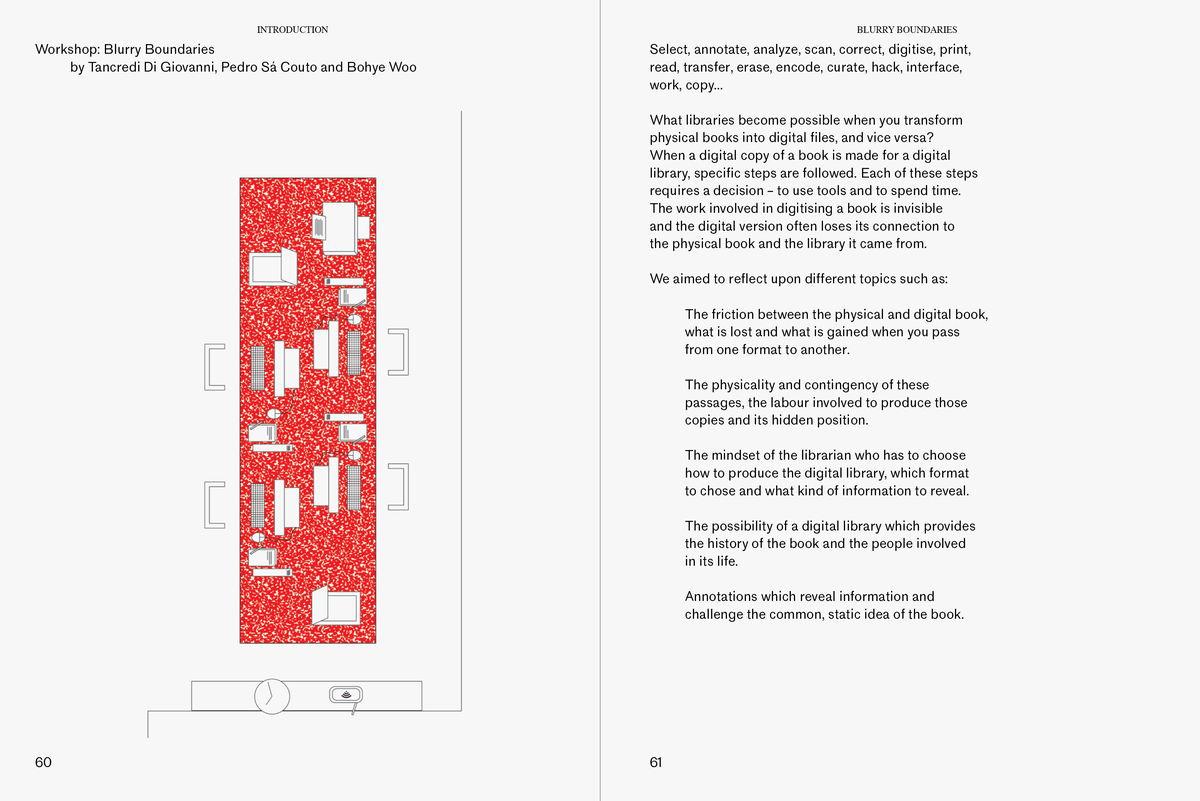
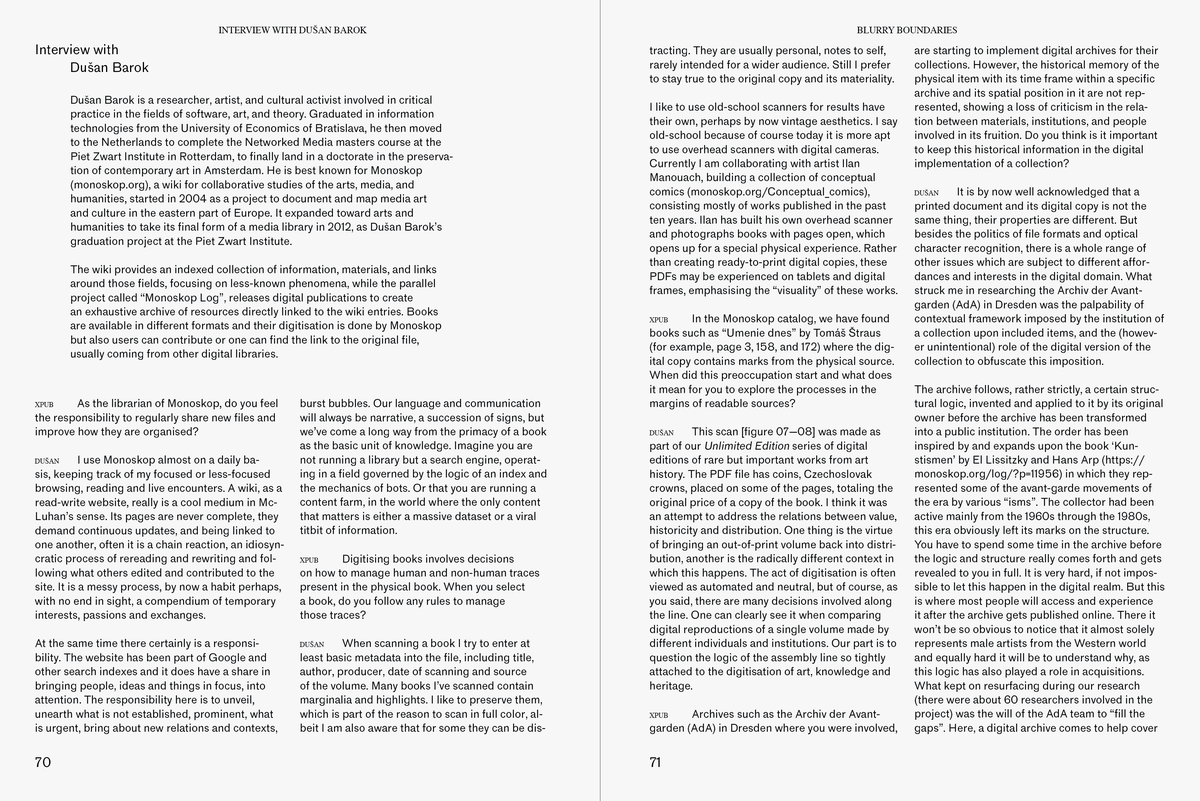
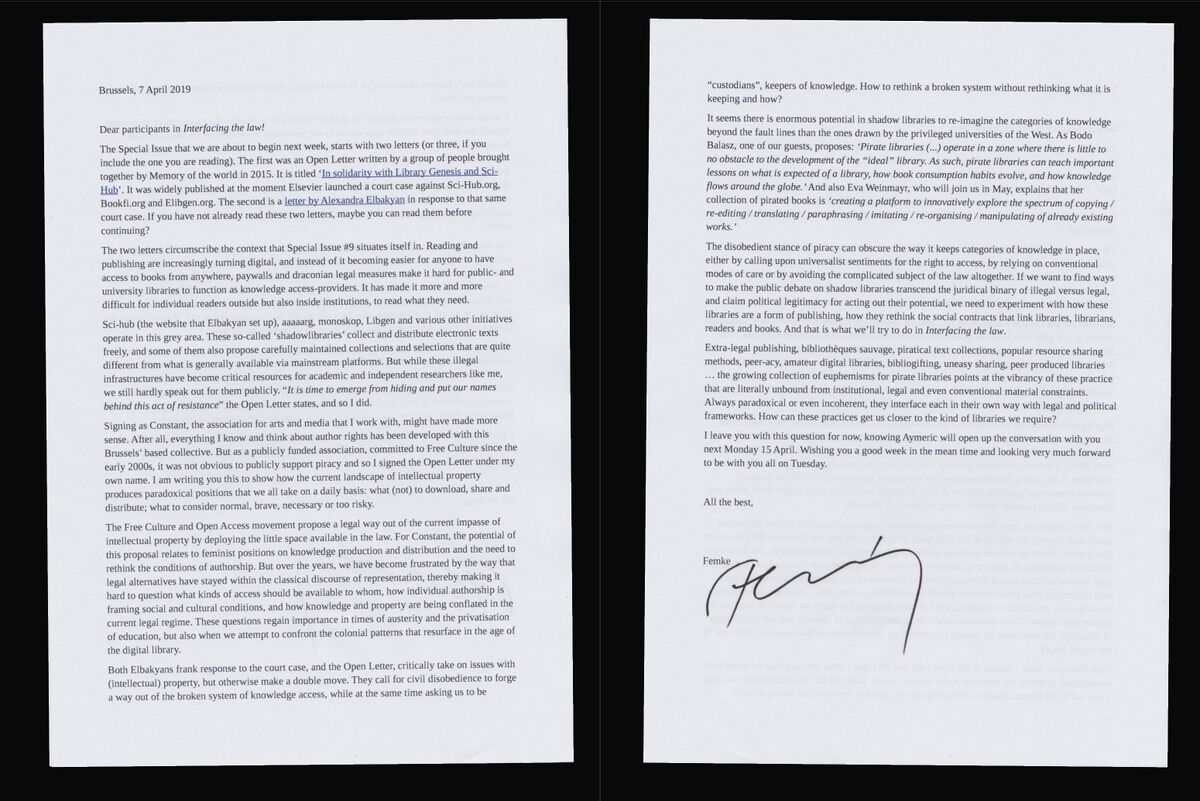
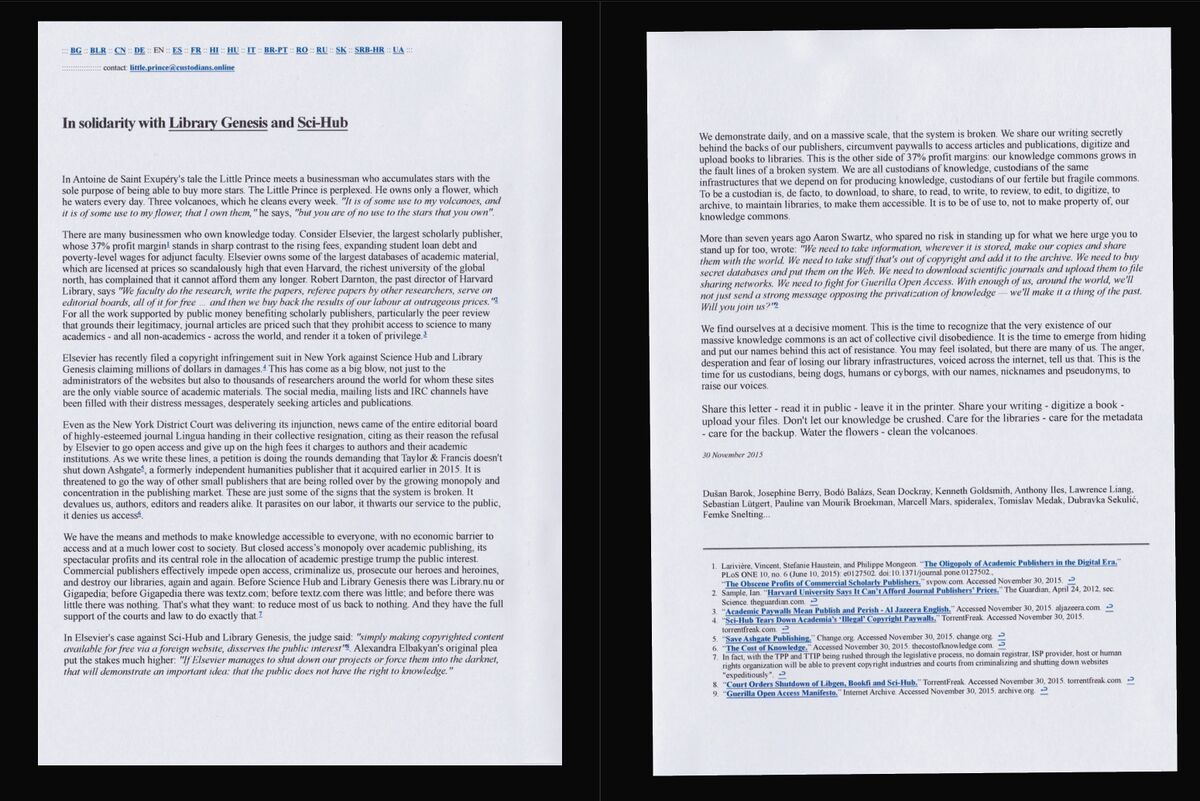
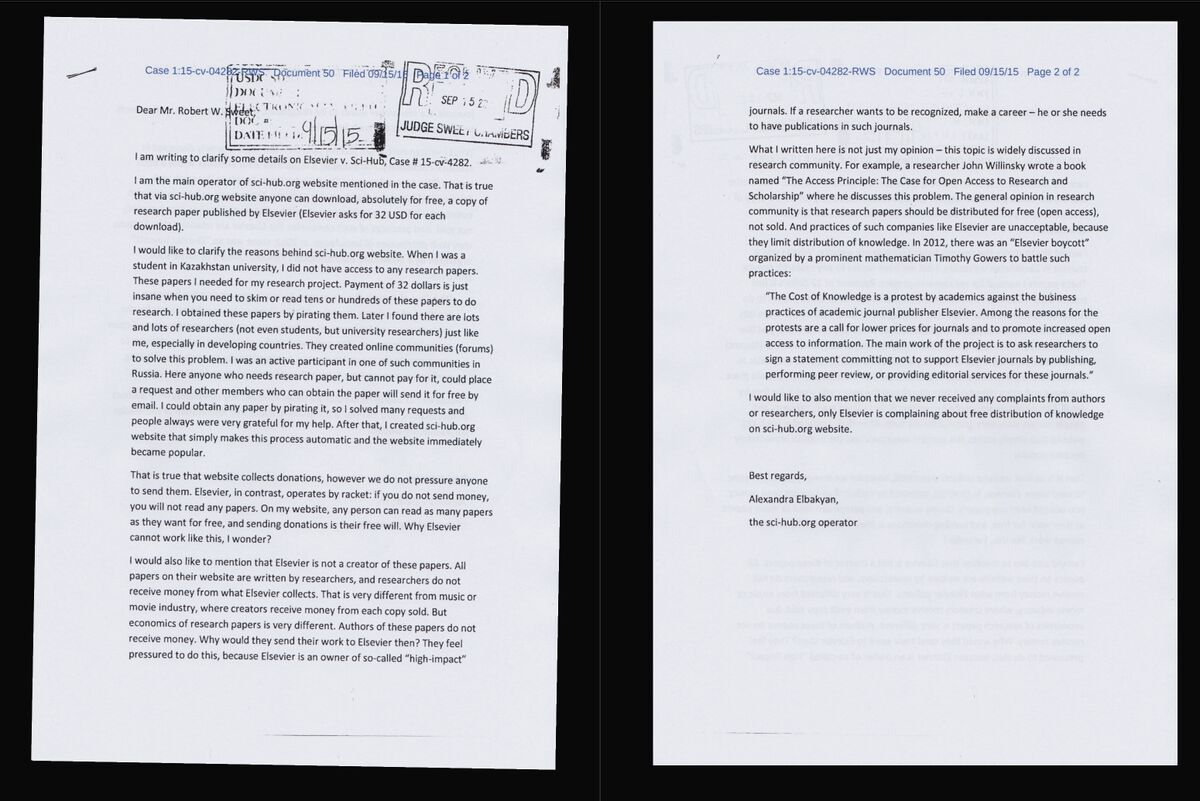
The Library Is Open, full PDF
The Library Is Open, full PDF is available here: https://pzwiki.wdka.nl/mw-mediadesign/images/3/3e/The_Library_is_Open.pdf)
